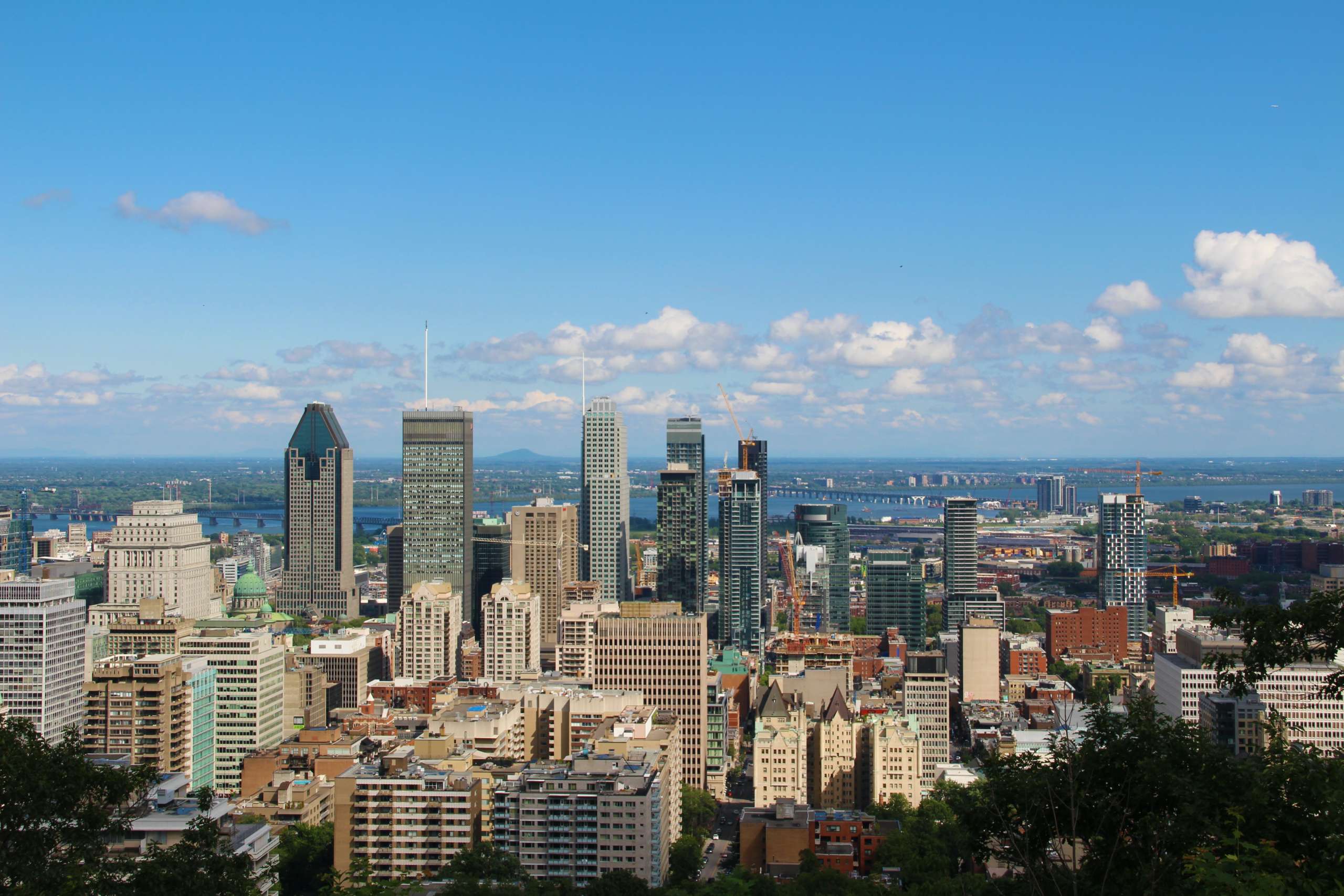
Changes to the invitation criteria under the Quebec Regular Skilled Worker Program (RSWP)
2021-07-22
The process of studying in Canada: what you need to know
2022-02-17Permanent residency and citizenship in Canada is a privilege that many people dream of. With the country’s progressive values and its welcoming policies, it’s no wonder that so many people want to make Canada their new home. But before you apply, there are some things you should know!
In this article, I’ll explore the different options for permanent residency or citizenship in Canada, what documents you will need to submit with your application package, and how long it might take for you to get approved.
Be eligible to apply
The very first thing you should do before applying for permanent residency or citizenship is to ensure that you are actually eligible.
Each program has its own set of eligibility requirements.
Permanent residence
Did you know that you can acquire permanent residency through employment, investment or family sponsorship?
The following are the most common ways to become a permanent resident:
- By being sponsored by a family member who is a Canadian citizen or permanent resident
- By being nominated by a province or territory
- Through the Federal Skilled Worker program
- Through the Canadian Experience Class
- Through the Atlantic Immigration Pilot Program
- Through the Quebec Skilled Worker Program
- As an entrepreneur or self-employed person
- As a refugee or protected person
Depending on your unique situation, you may be able to apply for permanent residency through one of these programs.
For example, in order to apply for Canadian permanent residency through the Canadian Experience Class, you must have at least 12 months of skilled work experience in Canada.
Another example would be the Atlantic Immigration Pilot Program, which allows you to apply for Canadian permanent residency if you have a job offer from an eligible employer in Atlantic Canada, among other requirements.
You can find out which program you might be eligible for by consulting IRCC’s official website here.
Citizenship
There are different ways by which you can become a Canadian citizen:
- By birth (if you were born in Canada)
- By descent (if one of your parents is a Canadian citizen)
- By naturalization
If you are not a Canadian citizen by birth or descent, you can become a Canadian citizen through naturalization.
In order to be eligible for naturalization, you must:
- Be a permanent resident of Canada
- Be physically present in Canada for at least 1,095 days in the five years immediately before the date of your application
- Have knowledge of English or French
- Pass a citizenship test
- Have filed income taxes, if required
The physical presence in Canada is calculated on a day-by-day basis, so even if you’re not in Canada for an entire year, you can still count the days that you were in Canada. Each day you’ve lived in Canada after you became a permanent resident can be counted, whereas each day you’ve lived in Canada as a temporary resident can be counted only as half a day, up to a maximum of 365 days. You can use IRCC’s physical presence calculator.
Figure out what documents are required
Meeting the eligibility requirements is only half the battle – you still need to provide the correct documents with your application.
To find out which documents are required, you can consult IRCC’s official application package instructions, which are available online for free and are updated regularly. It’s important that you download the most recent instructions, as the documents required may have changed since you last applied.
You can find the application package instructions by going to IRCC’s website and selecting the correct program.
Submit the application package
After you’ve gathered all required documents, the next step is to submit your application.
You can submit it online or by mail, depending on which program you are applying to.
Make sure that your application is complete and accurate, or it will be returned to you.
Wait for a decision
After your application is submitted, it will take some time for it to be processed.
Some programs take longer than others.
Generally, it takes about 6 months for a permanent residence application submitted through Express Entry, whereas PR applications submitted through the Quebec Skilled Worker Program can take up to 24 months.
Citizenship applications can take up to 12 months.
You should monitor your email closely during the process to see if there are any updates or requests for additional information.
You should also update your application if your contact information changes or if there are any changes to your situation that may affect your application, such as a change in your marital status.
In a nutshell
Each program has its own set of eligibility requirements that must be met before an application can be submitted.
The bottom line is that you need to know what program best suits your situation in order for the entire process go as smoothly as possible.
I hope this article was helpful in informing you of what you need to do before applying for permanent residency or citizenship. If you have any questions, don’t hesitate to book an appointment with me. I’ll be more than happy to help!
Disclaimer : The content of this blog is not legal advice and and may not be accurate or complete. If you require legal advice, contact a licensed legal practitioner directly.



